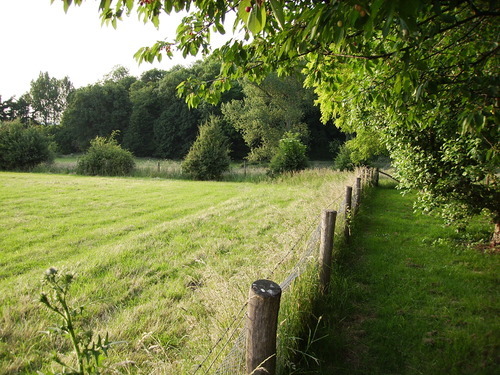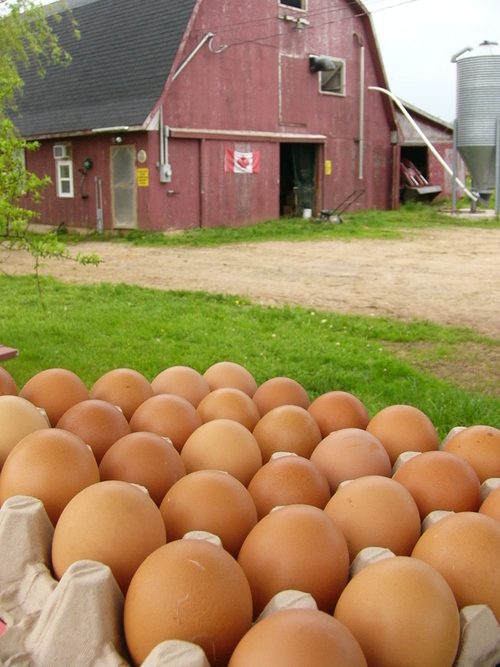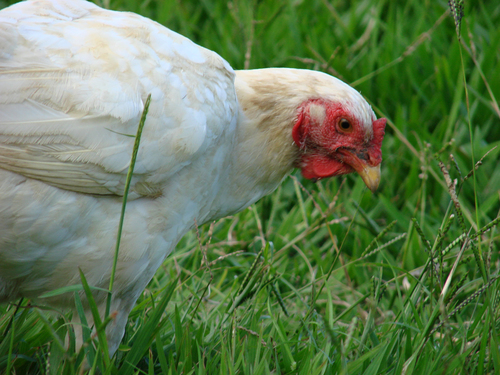Pros And Cons
There are plenty of reasons why some people would want to become farmers. However, this line of work is not for everyone. It is important to analyse the pros and cons before making a decision. The majority of new farmers are likely to start small. Therefore the main focus will be on independent agricultural businesses.
In recent years more people have become concerned about the environment. Websites such as the Guardian contain a plethora articles about the push for sustainability. Small scale farming utilises less chemicals than large corporate ones. As a result there is a smaller amount of soil erosion and damaging side effects to the environment.
On the other hand it can be very labour intensive. The farmer might not be able to afford large scale equipment for planting and harvesting. As a result much of the work will need to be done by hand.
A lot of people cite the effects of the local economy as a reason for starting a new farm. Residents of isolated rural areas often prefer to shop from local sources. Doing so means they do not have to travel long distances to get to a supermarket. Money tends to circulate around the community.
The nature of growing organic products means that yields can be lower compared with traditional large scale methods. Furthermore, the crops can be damaged as pesticides are not utilised. In the first years of the new farm there will be a lot of trial and error to create a working system. However, eventually the results will be well worth the toil. Overall farmers have to consider if they can tolerate the stress and hard work.



